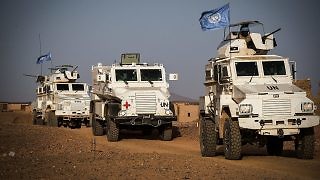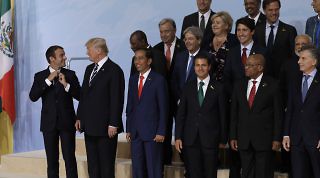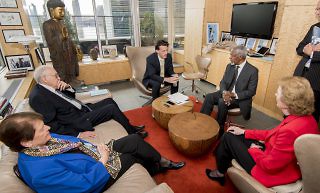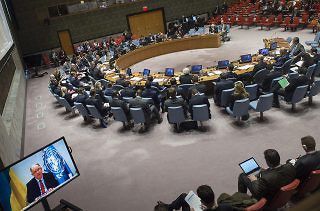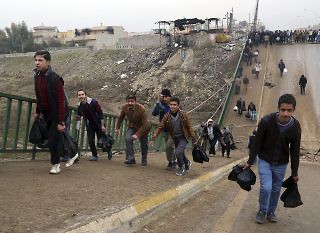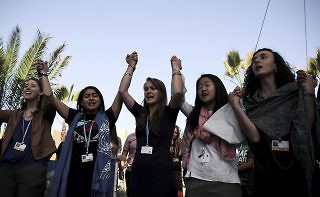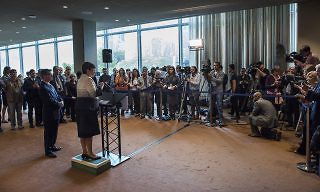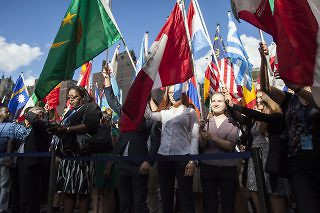Widening fault lines are threatening the traditional global consensus over peacekeeping.
Tag: multilateralism
-
-
The liberal order could collapse completely and we would still have the broader multilateral system, but the question is in what form?
-
Governing Global Health’s greatest strength lies in its rich empirical basis. The repository of data upon which the authors draw goes unrivaled by similar scholarship, and they build an engaging narrative from the often dry necessities of budgeting technicalities and organizational structure.
-
The real challenge the UNFCCC process faces in the next few years as it finalizes the “rule book” for the Paris agreement is how to develop an enhanced transparency system that will be robust and detailed enough to provide the relevant information for its five-yearly assessment of global progress on addressing climate.
-
The Elders—Kofi Annan, Gro Harlem Brundtland, Lakhdar Brahimi, and Mary Robinson—discuss means of increasing international cooperation around climate change, migration, and other issues.
-
Norm-setting institutions such as the UN gain legitimacy when those who violate those norms are held accountable. Promotion of a more robust implementation of UN norms and policies can help to rebuild trust in the system.
-
Iraq and the international community will need not only to think about the “day after ISIS,” but also consider six months, one year, and one decade beyond.
-
Key to attaining those stringent end-of-century temperature targets is the need for a substantial amount of land to be devoted to new biomass to replace fossil fuel burning, and for reforestation to act as a sink for carbon dioxide.
-
A transparent process is only a partial guarantee of the quality of a secretary-general candidate. A robust job description would probably do more.
-
Too many states and peoples have responded to problems by unilaterally using force or by turning inward, building barriers instead of bridges, and stifling dissent, under the guise of fighting external threats.
